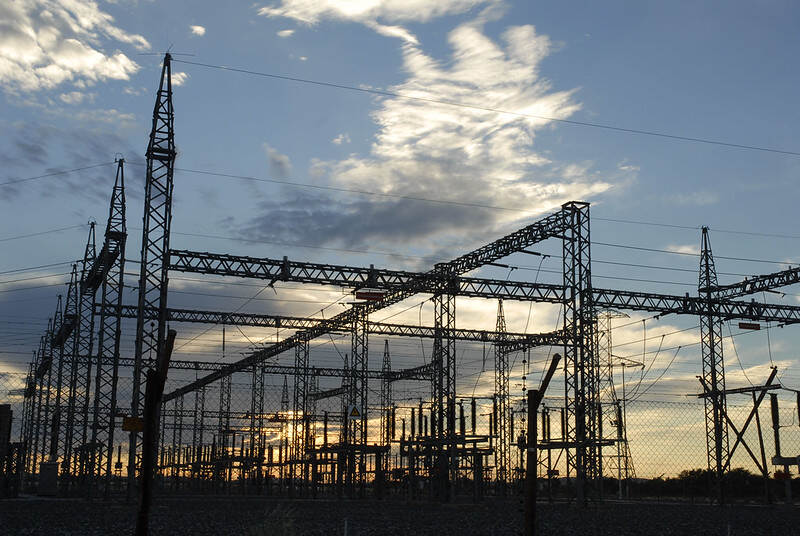South Africa’s energy crisis puts pressure on the nation’s food security
In the last year, South Africa’s energy crisis has reached an unprecedented level, surpassing 200 days of loadshedding (planned, rolling power cuts) for the first time. Loadshedding places a significant burden on farmers and will affect South Africa’s food security in the long-term if solutions are not found. Despite the challenges, discussions are ongoing between business and governments to find solutions.
Without electricity, farmers are unable to water crops, dairy cannot be cooled, and certain fungi used for pest control cannot be grown, among other challenges. To keep farms running, farmers are investing in generators and renewables, such as solar panels. These are expensive investments, and the sustained use of diesel is not only costly, but further exacerbates climate change issues. However, the state of Eskom has left farmers with little option and as a result farmers have requested rebates from the government on fuel for generators. They already receive fuel rebates for operating farming machinery. It is vital that South Africa finds ways to mitigate costs in the Agri sector, so as to keep farms profitable and avoid farm closures that threaten the country’s food security.

Find out more here, in this article by Katharine Child:
Power cuts are sowing the seeds of food crisis, say farmers (businesslive.co.za)